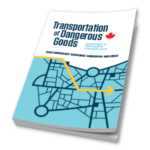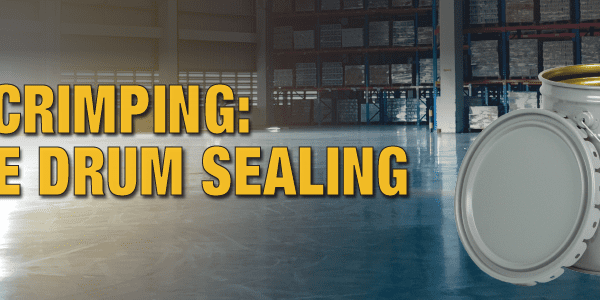Hello, everyone! We’re back with a blog that we hope will keep you updated on what’s happening with the Canadian TDG regulations.
This blog post will discuss what happens in the event of a dangerous goods (DG) incident or accident.
When an incident occurs, Transport Canada is notified as required by Part 8 (Reporting Requirements) of the TDG Regulations. After that, the extent of the incident must be ascertained. At that time, TC may dispatch a TDG inspector or a corrective action specialist (CAS). TC’s primary role is to ensure public safety by monitoring the implementation of corrective measures to mitigate any incident.
Now, what are the roles and responsibilities of TC and the responders?
- the latter must take part in the meetings to jointly define the appropriate action plan.
- recommendations will be made to the Incident Commander based on the Incident Command System
- ensure that adequate measures are taken to guarantee public safety
- the first responders must be informed of TDG-related issues while establishing the effectiveness of the corrective measures that have been defined
- any dangerous goods or containers must then be moved or detained to monitor compliance with the TDG
- TC may order or terminate interventions as necessary to ensure the safety of the public, site personnel, or to prevent the release of dangerous goods
- in some cases, the responder will also be required to provide TC, via CANUTEC, with relevant information regarding the incident/accident
Responders acting as remedial action specialists are designated as TDG inspectors for Transport Canada and are scientists.
They have additional roles and responsibilities, such as:
- working with the TDG Directorate
- traveling to dangerous goods incidents
- being specialists in emergency response plans
- being trained and specialized in emergency response
- providing advice related to response capabilities, corrective actions, safe practices, and any knowledge of chemical materials
- monitoring and evaluating industry response actions, such as carriers, shippers, EIP holders, or emergency response contractors.
- conducting a site assessment and reporting to the Incident Commander and Transport Canada
- monitoring the implementation of an activated emergency response plan and ensuring its effectiveness
The next question to ask: When would a TC representative be deployed to an incident/accident?
This depends on the factors surrounding the event. Some of these factors could be:
- The proximity of populated or sensitive areas
- Quantity and type of dangerous goods involved
- Condition of the containers involved
- If an emergency response plan has been or should have been activated
Normally, a TC representative will visit the site of an incident if the response takes more than 24 hours. Examples may include a large train derailment involving tank cars carrying flammable gases, flammable liquids, or toxic gases.
A TDG inspector may also visit the site to monitor response operations, conduct a compliance inspection or investigation, and gather information on the condition of the containers and the behavior of the dangerous goods.
Local authorities may also request that a TC inspector visit the site of an incident, provided they arrive within a reasonable amount of time.
It is important to understand that an emergency intervention, depending on the dangerous goods involved, requires a very competent intervention team, the appropriate equipment, in sufficient quantity, at the right time, and, above all, with exemplary rigor.
In conclusion, it is obvious that TC has its responsibilities, but it is very important to never forget that without the industry’s emergency response contractors, it would be impossible for TC to ensure public safety.
Don’t forget that ICC’s team of Regulatory Experts is always here for you if you have any questions about our blog posts or any other TDG-related issues, whether it involves our multiple products, services, or training.
Stay up to date and sign up for our newsletter!
We have all the products, services and training you need to ensure your staff is properly trained and informed.
 Canadian TDG Publications |
 Shipping Dangerous Goods by Ground in Canada Training Courses |







 ICC USA
ICC USA ICC Canada
ICC Canada